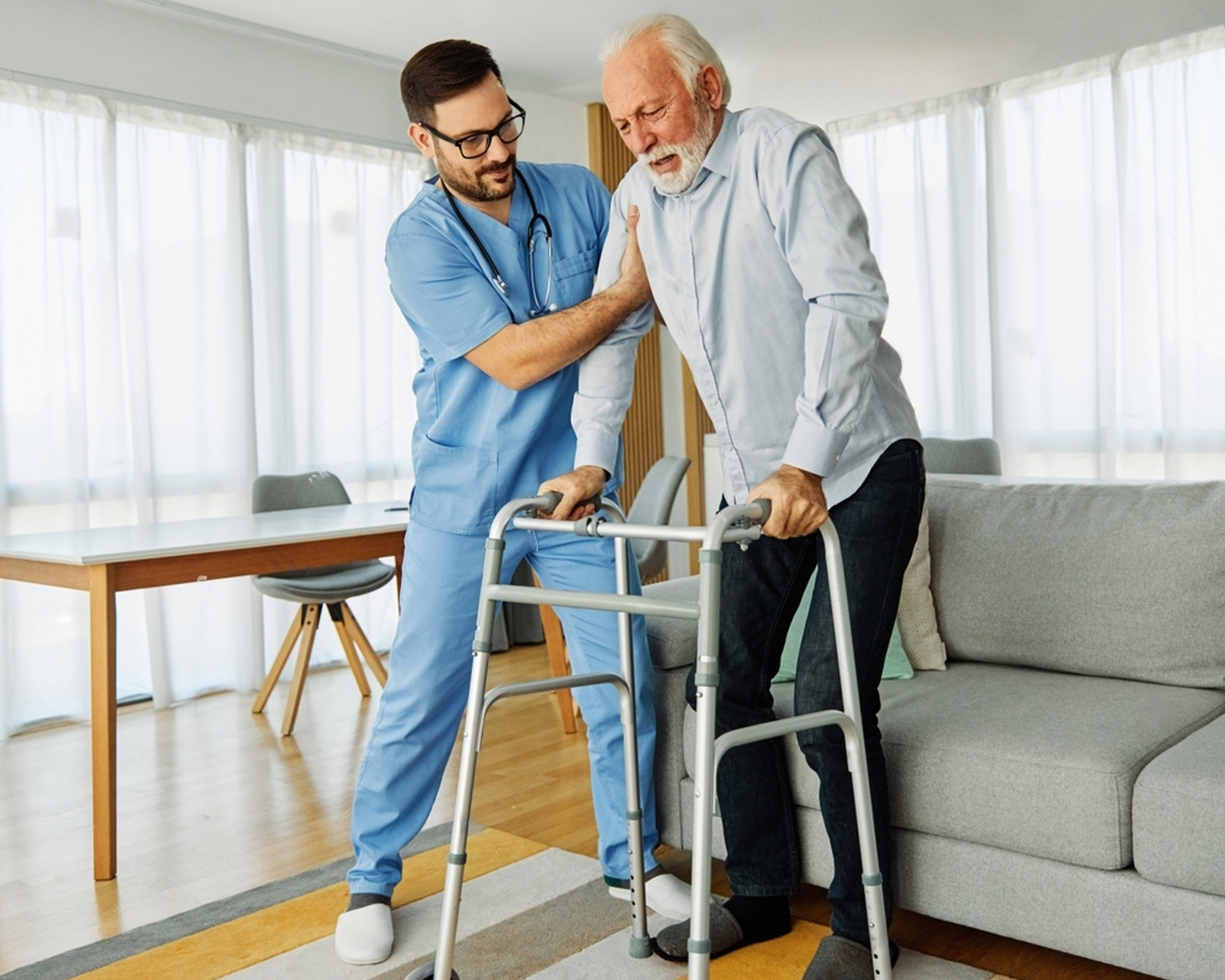Paralysis often follows a stroke, causing difficulties in the movement of body parts and muscles. A stroke occurs when the brain's blood flow is disrupted, commonly due to a blood clot or a burst blood vessel.
As a consequence, brain cells can suffer damage, leading to impairments in bodily functions and movements. The extent of paralysis depends on which part of the brain is affected, and it can manifest on one side or both sides of the body.
For instance, if the left side of the brain is affected, it can result in paralysis/weakness on the right side of the body, and vice versa. This condition can impact various body parts, such as the arms, legs, face, or others, making simple tasks like walking, talking, or engaging in daily activities challenging.
Ischemic Stroke: This is the most common type of stroke and happens when a blood clot blocks a blood vessel in the brain. The clot may form in the brain's blood vessels (thrombotic stroke) or travel from other parts of the body, like the heart or neck (embolic stroke).
Hemorrhagic Stroke: This type of stroke occurs when a blood vessel in the brain ruptures and leaks blood into the surrounding brain tissue. The increased pressure from the bleeding damages brain cells.
Recovering from stroke paralysis can be a challenging journey, but physiotherapy plays a crucial role in helping individuals regain lost functions and independence. For stroke survivors in Nanded and Aurangabad, Physionic Clinic offers specialized physiotherapy services to aid in the rehabilitation process.
Physiotherapy at Physionic Clinic begins with a thorough assessment of the stroke survivor's physical abilities and limitations. The experienced physiotherapists design personalized treatment plans tailored to each patient's unique needs and goals. They understand that every stroke is different and requires an individualized approach to recovery.
In the early stages, the focus may be on gentle movements and exercises to prevent muscle stiffness and contractures. As the patient progresses, the physiotherapists introduce more challenging activities to improve strength, balance, and coordination. These exercises may involve repetitive tasks to retrain the brain and body to communicate effectively.
One essential aspect of stroke rehabilitation at Physionic Clinic is neuroplasticity. The brain has the remarkable ability to rewire itself and form new neural connections after injury. Through specific exercises and activities, physiotherapy encourages the brain to adapt and compensate for the damaged areas, facilitating functional recovery.
Gait training is another critical component of stroke rehabilitation. Physiotherapists work with stroke survivors to improve walking abilities and may use assistive devices, such as walkers or canes, if needed. The goal is to help the individual regain mobility and confidence in their movement.
Physiotherapy at Physionic Clinic also includes techniques to address speech and language difficulties that may result from a stroke. Therapists use specialized exercises to enhance communication skills and facilitate clearer speech.
Overall, stroke recovery through physiotherapy at Physionic Clinic in Nanded and Aurangabad offers a comprehensive and compassionate approach to help individuals rebuild their lives after stroke. The dedicated team of physiotherapists strives to empower stroke survivors, enabling them to regain functional abilities, enhance their quality of life, and move towards a more fulfilling future.

